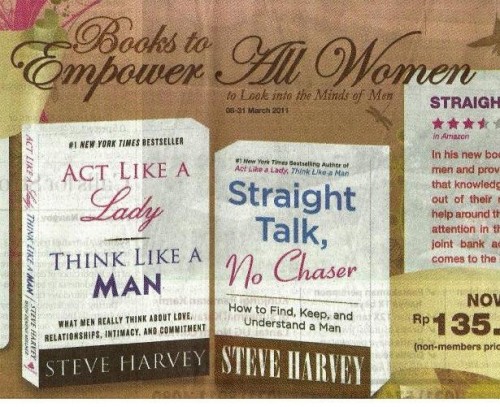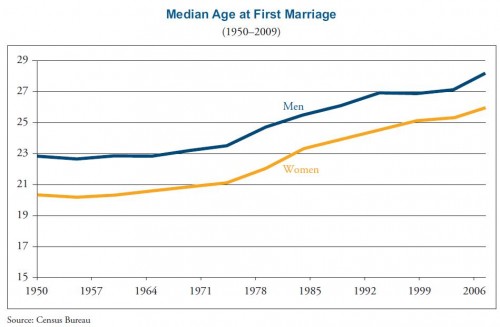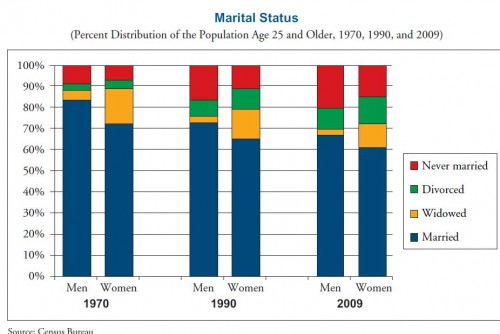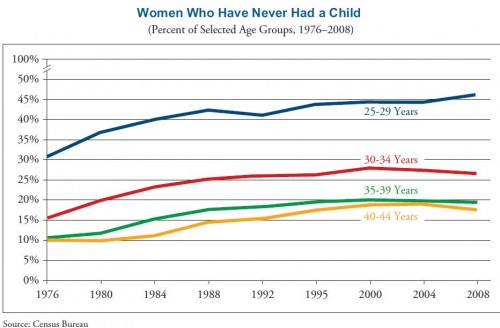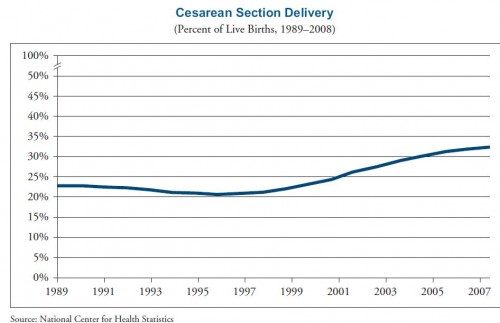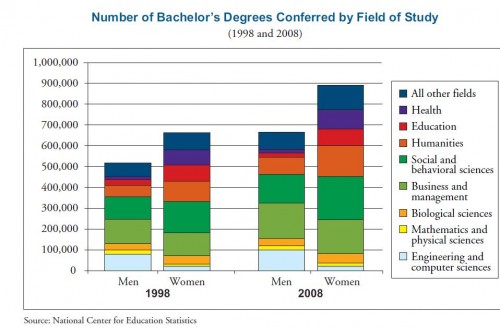Authors are increasingly arguing that mainstream culture has been “pornified” (see, for example, the books Pornified and The Porning of America). In other words, what used to be considered pornographic is now disseminated widely as simply advertising or entertainment and both verbal and visual references to pornography in popular culture are increasingly common. In this vein, we have a collection of posts featuring ejaculation imagery (visual references to the “cum shot”), and I thought an ad recently submitted by one of my students, Breiana Caldwell, as well as readers Scatx and Xander, was a good opportunity to remind readers of this pervasive trope:
 (source)
(source)
Lisa Wade, PhD is an Associate Professor at Tulane University. She is the author of American Hookup, a book about college sexual culture; a textbook about gender; and a forthcoming introductory text: Terrible Magnificent Sociology. You can follow her on Twitter and Instagram.













